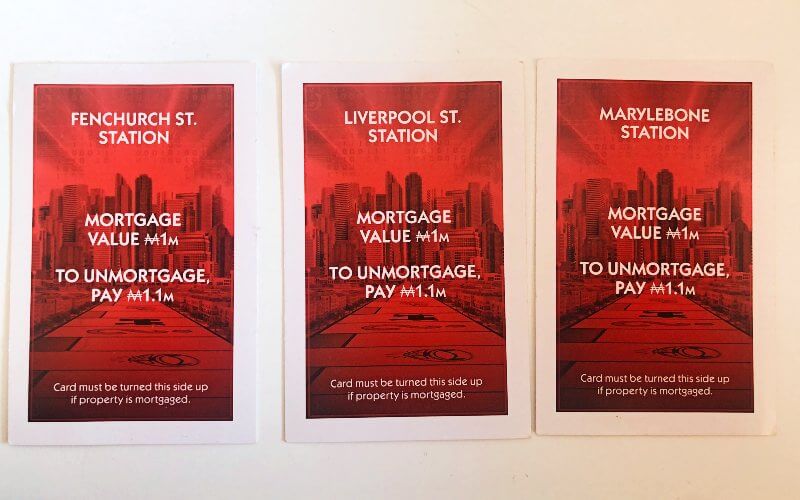Advertiser Disclosure Numerous or all of the items included here are from our partners who compensate us. This may affect which products we blog about and where and how the item appears on a page. Nevertheless, this does not affect our examinations. Our viewpoints are our own. After retirement, without regular earnings, you might in some cases deal with finances.
A reverse home mortgage is a mortgage that permits homeowners 62 and older to withdraw some of their house equity and convert it into cash. You don't have to pay taxes on the profits or make month-to-month home loan payments. You can utilize reverse home loan profits however you like. They're frequently allocated for costs such as: Financial obligation debt consolidation Living expenses Home enhancements Assisting children with college Buying another house that might much better satisfy your needs as you age A reverse home mortgage is the opposite of a standard mortgage; rather of paying a lender a regular monthly payment each month, the lending institution pays you. You should attend therapy, a "customer information session" with a HUD-approved counselor, prior to your HECM loan can be moneyed. This rule is planned to ensure that you comprehend the expense and effects of securing this kind of loan. Therapists work for independent companies. These courses are readily available at a low cost and often they're even totally free.
For many customers, this suggests paying off your remaining home loan financial obligation with part of your reverse home mortgage. This is simplest to achieve if you have at least 50% equity or two in your house. You have a few alternatives, but the simplest is to take all the money simultaneously in a swelling sum. who took over taylor bean and whitaker mortgages.

You can likewise choose to get routine routine payments, such as when a month. These payments are described as "period payments" when they last for your whole lifetime, or "term payments" when you get them for just a set amount of time, such as ten years. It's possible to take out more equity than you and your lending institution expected if you choose for tenure payments and live an extremely long life.
This enables you to draw funds only if and when you require them. The benefit of a line-of-credit method is that you just pay interest on the money you've really obtained. You can likewise utilize a mix of payment choices. For example, you may take a little lump amount upfront and keep a line of credit for later on.
For example, the home will go on the marketplace after your death, and your estate will get cash when it sells. That cash that needs to then be used to pay off the loan. The full loan quantity comes due, even if the loan balance is higher than the home's worth, if your heirs decide they wish to keep the house.
The Ultimate Guide To How Do Adjustable Rate Mortgages Work
Lots of reverse home mortgages consist of a clause that doesn't permit the loan balance to exceed the worth of the house's equity, although market changes may still lead to less equity than when you took out the loan. It's possible that your estate may offer adequate other properties to allow your beneficiaries to pay off the reverse mortgage at your death by liquidating them, however they might otherwise not be able to qualify for a routine home mortgage to pay off the debt and keep the household house.
You'll pay much of the same closing expenses needed for a traditional home purchase or re-finance, however these charges can be higher. Fees minimize the quantity of equity cancel logo left in your home, which leaves less for your estate or for you if you decide to offer the house and settle the home loan.
Costs are typically financed, or built into your loan. You do not write a look for them at closing so you might not feel these expenses, but you're still paying them regardless. You need to have your house appraised, contributing to your expenses. The lending institution will wish to be sure that your home in tip-top shape before composing the http://mariozywz765.iamarrows.com/all-about-who-is-specialty-services-for-home-mortgages loan.
A reverse mortgage lets older property owners take advantage of their house's equity for a swelling amount payment, regular payments, or in the kind of a credit line. Reverse mortgages don't have to be paid back till the homeowner dies or vacates the residence. Remains in care facilities for less than a year are alright.
Interest accrues over the life of the loan, so the amount needed to pay off the home loan will probably be substantially more than the original loan earnings - what is the interest rate on mortgages.

A reverse mortgage is a method for homeowners ages 62 and older to utilize the equity in their house. With a reverse home mortgage, a house owner who owns their home outright or a minimum of has significant equity to draw from can withdraw a part of their equity without having to repay it up until they leave the home.
Indicators on How Much Do Mortgages Cost Per Month You Need To Know
Here's how reverse mortgages work, and what property owners thinking about one need to understand. A reverse mortgage is a type of loan that enables house owners ages 62 and older, generally who've paid off their home loan, to borrow part of their house's equity as tax-free earnings. Unlike a Article source regular home loan in which the house owner makes payments to the loan provider, with a reverse home mortgage, the lender pays the house owner (what debt ratio is acceptable for mortgages).
One of the most popular kinds of reverse home loans is the Home Equity Conversion Mortgage (HECM), which is backed by the federal government. In spite of the reverse home mortgage principle in practice, certified homeowners might not be able to obtain the whole value of their house even if the mortgage is settled.